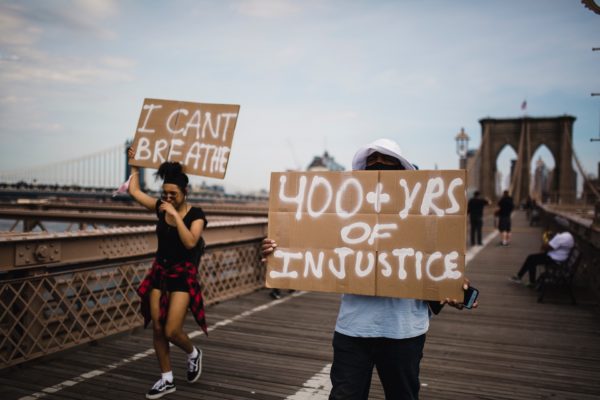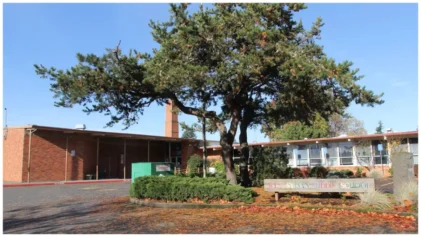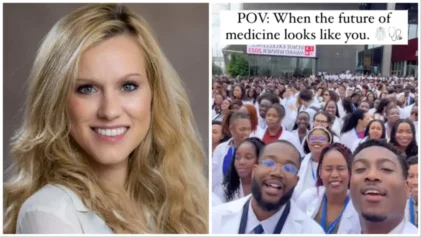The Drug Enforcement Administration has long been known for its lack of diversity. However, DEA recruits say the agency’s diversity problem stems from systemic racism.
In a scathing report by The Associated Press, Black and Hispanic trainees detailed racist treatment by DEA supervisors and training officers.

According to an internal complaint obtained by the AP, an instructor at the agency’s training academy in Virginia called a Black recruit “the monkey” and made “monkey noises” on the loudspeaker to taunt Black trainees.
“We were like, ‘It’s 2019. That shouldn’t even be a thing that we’re dealing with,’” former trainee Derek Moise told AP. “Everybody knows what those sounds and noises stand for.”
The instructor in question, Special Agent Jay Mortenson, retired without being disciplined. The DEA said he left while the investigation was still ongoing, which ended the inquiry.
The agency did issue a statement that it “takes allegations of misconduct very seriously and will not tolerate discriminatory behavior of any kind.”
Former recruit Theo Brown, who is Black, tells a different story. He said his unfair dismissal in 2018 was prompted by racism in the ranks.
“They weren’t going to let me graduate and become an agent no matter what,” Brown told AP. “They put you in situations where they can fail you at something subjective, and it’s basically your word against theirs.”
Brown said he was sprayed with pepper spray three times during a training exercise, while other recruits were sprayed once.
Claims of racial bias are not new for the agency. In 1977, Black agents filed a civil rights lawsuit alleging the DEA promoted based on race. The agents won and the DEA was ordered to make changes. However, last year a judge ruled the agency had not lived up to the mandate.
A group composed of 76 retired Black DEA agents made a statement about racism in the agency in June in response to the continued police killings of Black citizens.
“We, 76 Black Retired Drug Enforcement Administration (DEA) Special Agents, are sickened by the senseless and brutal murder of George Floyd, Breonna Taylor and others. And yes, we believe Black Lives Matter,” the statement said. “We believe that exposing the systemic racism in leadership at the helm of the Department of Justice (DOJ) and its component agency, the DEA, is necessary to end the harmful inequalities plaguing our great nation.’’
Gary Tuggle is a retired DEA agent who spent more than 20 years with the agency. He corroborated the statements of his peers and recent Black recruits.
“There’s been systemic racism in law enforcement for decades,” Tuggle told the Wall Street Journal. “I’ve donned a badge for over 35 years. I have throughout my entire career experienced it or I’ve witnessed it in many ways.”
Things have still been slow to change. Of the DEA’s 4,400 agents, only 8 percent are Black and 10 percent Hispanic, AP reported.
Hispanic trainees say they also have been subjected to racist behavior, as one trainee was told to “speak English, you are in the United States” after chatting in Spanish with a colleague and another was called a “f—k up” in front of her peers.
The latter, Saudhy Bliss, said she was dismissed after being treated in a “hostile manner.” Bliss’ attorney, Louis F. Robbio, wrote a letter to the DEA regarding the matter.
“There is compelling evidence that a number of the individuals assigned to train this particular class were openly discriminatory towards African-Americans, Hispanics and female trainees,” Robbio’s letter stated.
Moise, a Miami native former college football player, said he’d dreamed of becoming a DEA agent after witnessing them do a drug raid when he was a kid. That dream was not realized, as Moise said he was dismissed for using excessive force during a simulation by firing one too many rounds at a suspect. However, his white peers were not judged as harshly, Moise said.
“There was never any praise for anything that we did as minorities, and we were always being made examples of,” Moise told AP. “You can’t tell me that there’s not more Black people who qualify.”


